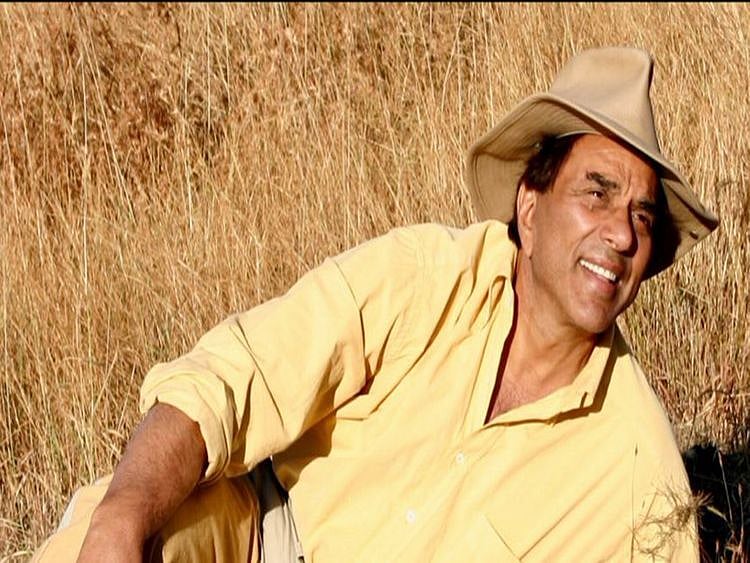The Dharmendra lesson: When celebrity journalism turns macabre and premature obituaries rule
Have we begun treating celebrity illness as trending opportunity rather than a human event

Dubai: In the age of instant news and algorithm-driven headlines, compassion seems to have quietly left the newsroom. In all honesty, at some point we are all guilty of playing this game. Over the past 24 hours, as Bollywood legend Dharmendra battles for recovery in critical care, social media timelines and television tickers have been flooded with one thing: false death reports.
Earlier this morning, his actress daughter Esha Deol had to publicly appeal to journalists and netizens to stop spreading unverified rumours about their loved one's passing. The night before, Dharmendra's son from his first marriage and actor Sunny Deol’s team also stepped in, urging restraint.
And now, Hema Malini — Dharmendra’s wife and fellow screen icon — has expressed her dismay. “What is happening is unforgivable,” she wrote on X. “How can responsible channels spread false news about a person who is responding to treatment and is recovering? This is extremely disrespectful to the family and its need for privacy.”
This is not the first time the Deol family has had to school the media on basic decency.
Earlier this year, when Dharmendra was briefly hospitalised, similar rumours circulated before being denied. The cycle is predictable: fake tributes on WhatsApp, tweets from unverified accounts, a handful of “sources say” headlines, and suddenly — a nation mourning something that hasn’t happened.
As journalists, we know that obituaries are part of our profession. Having “life and times” pieces ready for icons is standard practice, not morbid curiosity.
But there’s a fine line between preparedness and predation. Somewhere along the way, our industry began treating celebrity illness as a trending opportunity — a digital spectacle rather than a human event.
This isn’t just an Indian media crisis, it's an us crisis. When Hollywood actor Matthew Perry died last year, gossip outlets speculated wildly about the cause before the coroner’s report was released. Whitney Houston’s final hours were dissected in real time. Heath Ledger’s tragic passing became the stuff of endless, often fabricated, tabloid fodder. Across industries, compassion has been replaced by a chilling need to “go viral first.”
What makes this moment particularly shameful is that Dharmendra isn’t gone — he’s fighting, healing, and surrounded by family.
In the pursuit of clicks and viewership, have we lost the will to be humane? Have we forgotten that behind every breaking headline lies a family checking their phones in horror, seeing their loved one’s name prefixed by “RIP”?
The problem runs deeper than just a few enthusiastic outlets. It speaks to an ecosystem where speed trumps accuracy, and empathy is viewed as weakness. We now measure success not by trust, but by traffic.
Dharmendra’s generation — the golden age of cinema — gave us grace, warmth, and storytelling rooted in emotion. The least we can do is honour that legacy with dignity, not premature obituaries.
Network Links
GN StoreDownload our app
© Al Nisr Publishing LLC 2026. All rights reserved.